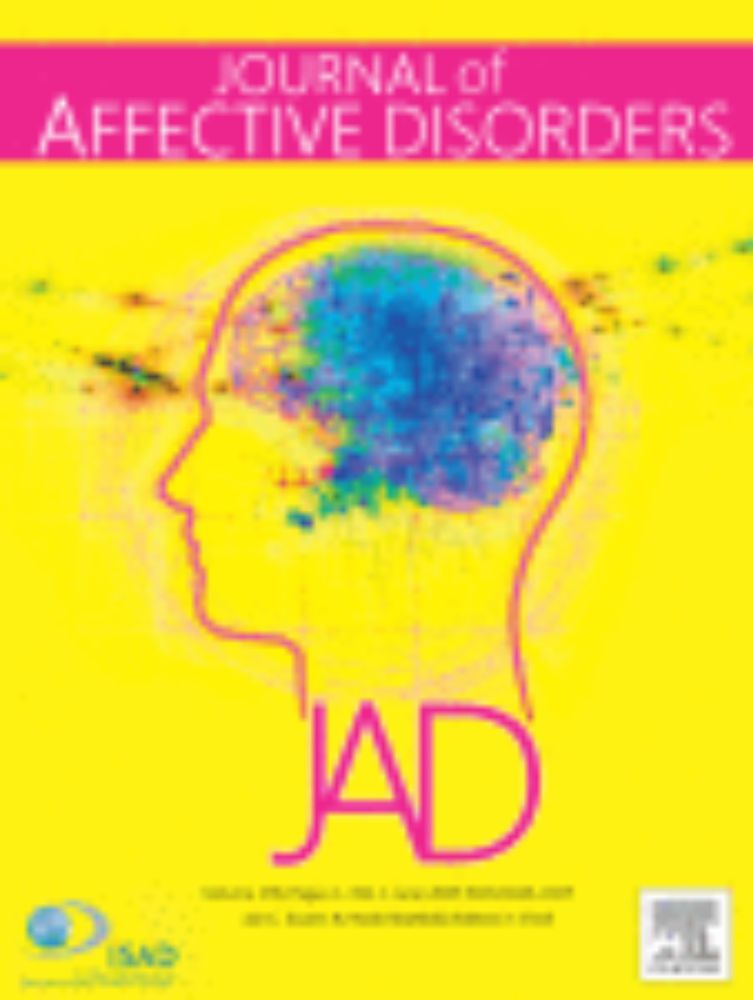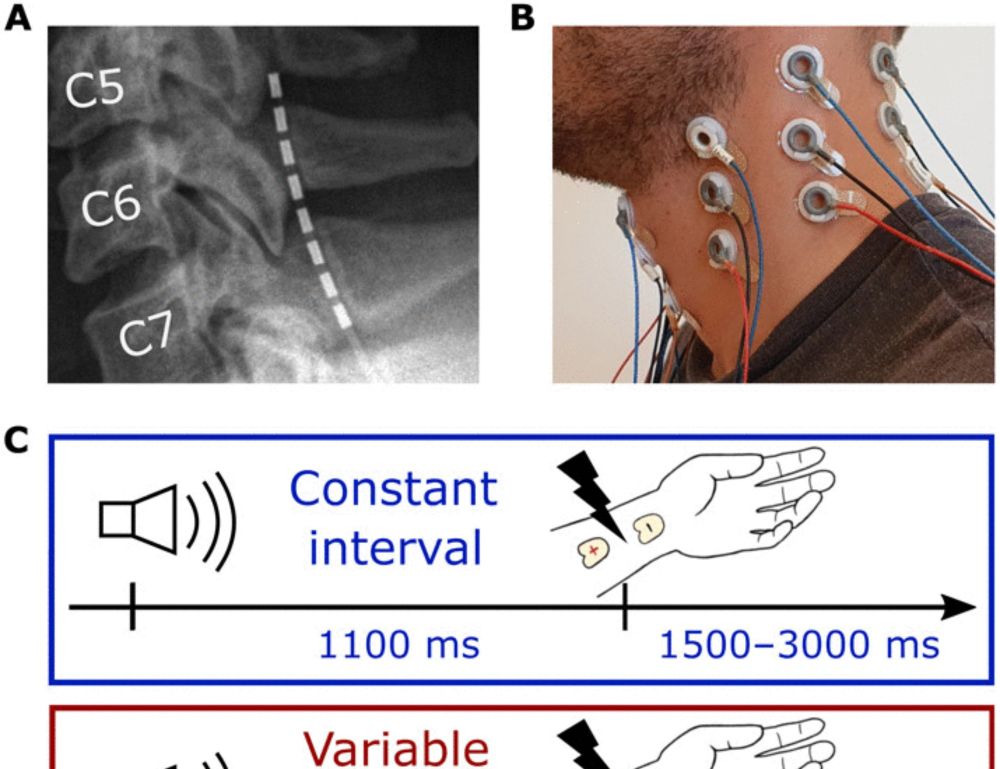
If you are interested in doing a PhD/Postdoc in computational psychiatry (starting Sept 2026), do get in touch by October 4th at [email protected] :)
Any inquiries are welcome. To apply, please attach your CV, half page motivation and half page research statements.
I am looking for PhD/Postdoc candidates to join (more below 👇 ). Please RT as the deadline is pretty soon 🙏

If you are interested in doing a PhD/Postdoc in computational psychiatry (starting Sept 2026), do get in touch by October 4th at [email protected] :)
Any inquiries are welcome. To apply, please attach your CV, half page motivation and half page research statements.
www.biorxiv.org/content/10.1...

www.biorxiv.org/content/10.1...
Led by: @dongwonoh.bsky.social
Paper: www.nature.com/articles/s41...
(1/6)

Led by: @dongwonoh.bsky.social
Paper: www.nature.com/articles/s41...
(1/6)
www.nature.com/articles/s41...

www.nature.com/articles/s41...
In four experiments, we systematically examined the relationship between the strength of an expectation violation and the extent of expectation change/updating, for pos vs neg information
www.sciencedirect.com/science/arti...

In four experiments, we systematically examined the relationship between the strength of an expectation violation and the extent of expectation change/updating, for pos vs neg information
www.sciencedirect.com/science/arti...

Project led by the truly outstanding @luiantaverra.bsky.social. #veryveryveryproudsupervisor Together with @nicoschuck.bsky.social and @bernhardspitzer.bsky.social
We show how we can dissociate perceptual from value-based mechanisms of generalisation + that stronger gen. in anxiety is associated with value rather than perception.
w/
@ondrejzika.bsky.social @nicoschuck.bsky.social @bernhardspitzer.bsky.social
osf.io/preprints/ps...
1/n
Project led by the truly outstanding @luiantaverra.bsky.social. #veryveryveryproudsupervisor Together with @nicoschuck.bsky.social and @bernhardspitzer.bsky.social
Review by Lukas Kirchner, Tobias Kube, Max Berg, Anna-Lena Eckert, Benjamin Straube, Dominik Endres & Winfried Rief
Web: go.nature.com/41kXLO1
PDF: rdcu.be/d2yHr
#psychology #psychscisky #clinpsy

Review by Lukas Kirchner, Tobias Kube, Max Berg, Anna-Lena Eckert, Benjamin Straube, Dominik Endres & Winfried Rief
Web: go.nature.com/41kXLO1
PDF: rdcu.be/d2yHr
#psychology #psychscisky #clinpsy
If you interested, please contact me for more information.
Preferably starting this year.
Also, a huge thanks to everyone who offered their comments and ideas at my poster presentation!

Also, a huge thanks to everyone who offered their comments and ideas at my poster presentation!
- moved to Hamburg where I had an amazing time learning to work with fMRI data
- finished my MSc in Neuroscience and Cognition
- moved to Marburg for my PhD (currently designing the first study of my PhD - exciting!)
- presented a poster at a conference (NVP 2023) for the first time
- moved to Hamburg where I had an amazing time learning to work with fMRI data
- finished my MSc in Neuroscience and Cognition
- moved to Marburg for my PhD (currently designing the first study of my PhD - exciting!)
- presented a poster at a conference (NVP 2023) for the first time



